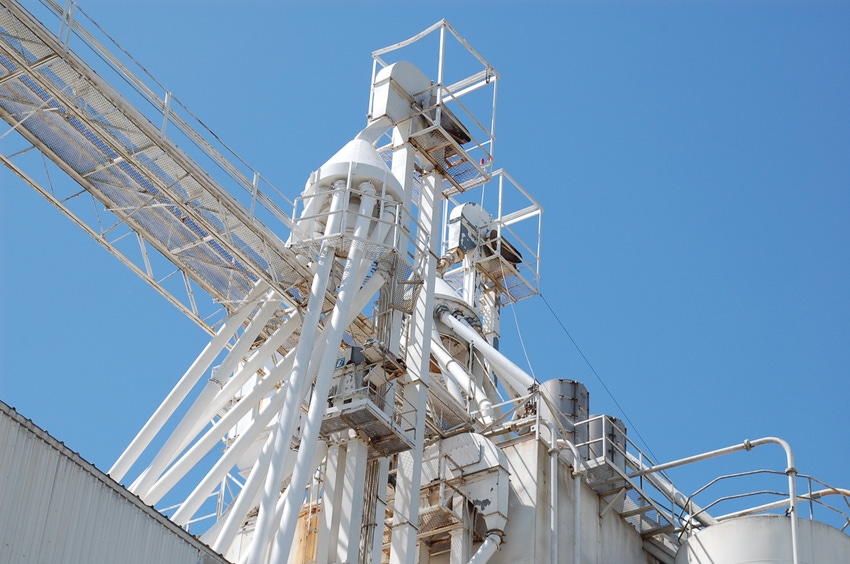Agency issues notice to make feed manufacturers and horse owners aware that monensin in horse feed continues to be a concern.

After six horses from the same owner died in June and July 2018, the Food & Drug Administration notified the animal feed industry July 27 that it is investigating horse feed mixed by Gilman Co-Op Creamery in Minnesota that contained monensin, an animal drug highly toxic to horses, even at low levels.
While the feed was a special order of horse feed for the farm and was not distributed to other farms, FDA said it was issuing its notice to ensure that feed manufacturers and horse owners are aware that monensin in horse feed continues to be a concern.
Monensin is an ionophore animal drug approved for use in cattle and poultry feed to increase feed efficiency and prevent coccidial infections. Monensin is highly toxic and potentially lethal to horses, even at relatively low levels.
When inspecting the firm, FDA said it found that on the date the batch of horse feed in question was manufactured, Gilman Co-Op Creamery first mixed cattle feed containing monensin but then did not perform adequate cleanout procedures to remove the monensin from its equipment before mixing the horse feed.
FDA regulations require firms to establish and follow cleanout procedures for equipment used in the production and distribution of medicated feeds to avoid unsafe cross-contamination of other medicated and non-medicated feeds.
FDA said it is working to investigate the matter and will take action, as appropriate.
According to FDA, horses exposed to monensin may show a range of symptoms, including weakness, unsteady gait, the inability to get up, diarrhea, abdominal pain, excessive urination, heart failure or death. Acute toxicity may progress rapidly enough that the horse doesn’t exhibit many symptoms prior to death.
A horse’s reaction to monensin will vary depending on the amount of exposure and the horse’s individual tolerance based on the breed, diet and metabolism, FDA said. The horses that received the contaminated feed in this case experienced symptoms and died within 12-48 hours of consuming the feed.
Monensin toxicity is rarely treatable, and the majority of horses die or are euthanized to avoid pain and suffering. Horses that survive monensin toxicity may suffer permanent damage to the heart or muscles and are unlikely to fully recover, FDA said.
Feed manufacturers making medicated feeds need to remain vigilant about taking appropriate steps to eliminate unsafe carryover of medications into feed intended for different species, FDA emphasized, noting that it has two guidance documents — "Guidance for Industry #235: Current Good Manufacturing Practice Requirements for Food for Animals" and "Guidance for Industry #72: GMPs for Medicated Feed Manufacturers Not Required to Register & Be Licensed with FDA" — that provide further explanation and examples of how to meet FDA’s requirements for the safe manufacture of animal food.
As a general practice, FDA said medicated feeds intended for one species should be kept away from other species.
Both the American Feed Industry Assn. and the National Grain & Feed Assn. offer training and education programs on the safe manufacture of medicated and non-medicated animal feeds, and additional information on the safe use of medicated feed additives can be found in the Feed Additive Compendium, from the publishers of Feedstuffs.
About the Author(s)
You May Also Like

.png?width=300&auto=webp&quality=80&disable=upscale)

